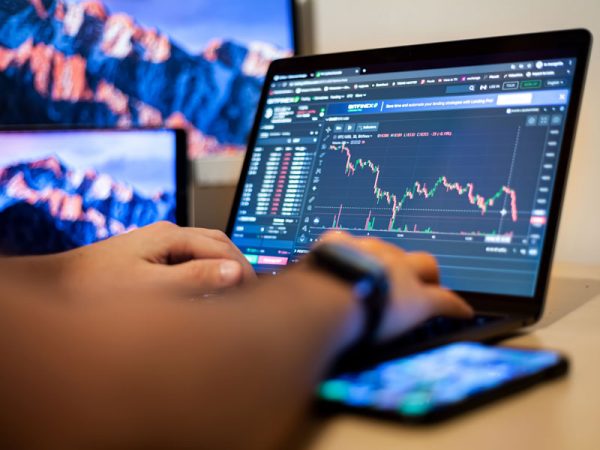No products in the cart.
Financial, Stock Market
3 Proven Methods to Begin Trading Profitably with Low Investment
A Comprehensive Guide to Starting with Minimal Capital
Trading is often perceived as a profession with a high entry barrier, necessitating substantial capital and extensive expertise. However, in today’s economy, technological advancements and the proliferation of online platforms have democratized access to financial markets. Even individuals with limited funds can embark on trading careers, provided they possess ambition and persistence. This accessibility has given rise to various trading avenues with relatively low entry requirements.
Home-Based Trading
One of the most flexible options is trading from home. This approach allows individuals to tailor their trading activities around personal schedules and commitments. However, it’s essential to recognize that certain markets, such as day trading in equities, can be capital-intensive. For instance, pattern day traders in the U.S. are required to maintain a minimum equity of $25,000 in their accounts. Falling below this threshold restricts their ability to engage in day trading until the minimum is restored.
Alternative Markets with Lower Capital Requirements
For those seeking markets with lower entry barriers, several options are available:
Foreign Exchange (Forex) Market: The forex market offers significant leverage, enabling traders to control larger positions with a relatively small amount of capital. Accounts can often be opened with modest initial investments, and the market operates 24/5, providing flexibility for those with varying schedules. However, it’s crucial to understand that while leverage can amplify gains, it also magnifies potential losses.
Contracts for Difference (CFDs): CFDs are derivative instruments that allow traders to speculate on the price movements of various assets without owning the underlying asset. This approach requires only a fraction of the capital needed for direct ownership. Like forex, CFDs offer substantial leverage, which can lead to significant gains or losses. Therefore, a thorough understanding of the associated risks is essential.
Proprietary Trading Firms
:max_bytes(150000):strip_icc()/GettyImages-1358049777-bd1443f8ea0240a2b949ce129e7d1894.jpg)
These firms provide traders with access to the firm’s capital, allowing them to trade without risking personal funds. Compensation is typically performance-based, with traders earning a share of the profits they generate. Many proprietary firms offer comprehensive training programs, mentorship, and access to advanced tools, making them appealing to both novice and experienced traders. However, some firms may require an initial capital contribution or charge fees for training and access to platforms.Benzinga
Educational Resources and Practice

Regardless of the chosen path, education is paramount. Aspiring traders should invest time in learning about market dynamics, trading strategies, risk management, and the psychological aspects of trading. Utilizing demo accounts offered by many brokers can provide valuable practice without risking real capital. These simulated environments allow traders to hone their skills, test strategies, and build confidence before transitioning to live markets.Trade Brains
Risk Management and Discipline
Effective risk management is the cornerstone of successful trading. Traders should establish clear guidelines on the amount of capital to risk per trade, set stop-loss orders to limit potential losses, and avoid overleveraging positions. Maintaining discipline and adhering to a well-defined plan can help mitigate the emotional pitfalls that often accompany activities.
Conclusion
Entering the trading world with limited capital is challenging but achievable. By exploring markets with lower entry barriers, considering opportunities with proprietary trading firms, investing in education, and implementing robust risk management practices, individuals can embark on trading careers without substantial initial investments. Success in trading requires dedication, continuous learning, and a disciplined approach to navigate the complexities of financial markets effectively.
2023 Your Practical Wedding Guide
Your Ultimate Access to Kuwait Directories in this COVID-19 Crisis
Investments and Finance Ultimate Guide
OFW FINANCE – Money News Update that you need to read (Table of Contents)
A Devotional for having a Grateful Heart
Stock Investment A Beginner’s Guide
How To Save Money Amidst Inflation
Philippines Best Banks with High-Yield Savings Return
Savings Dos and Don’ts
Essentials Before Applying For a Credit Card
Pag-IBIG Fund Guide
SSS PESO Fund – A Guide
Credit Card Starter Guide for Beginners
If you like this article please share and love my page DIARYNIGRACIA PAGE Questions, suggestions send me at diarynigracia @ gmail (dot) com
You may also follow my Instagram account featuring microliterature #microlit. For more of my artworks, visit DIARYNIGRACIA INSTAGRAM


Peace and love to you.